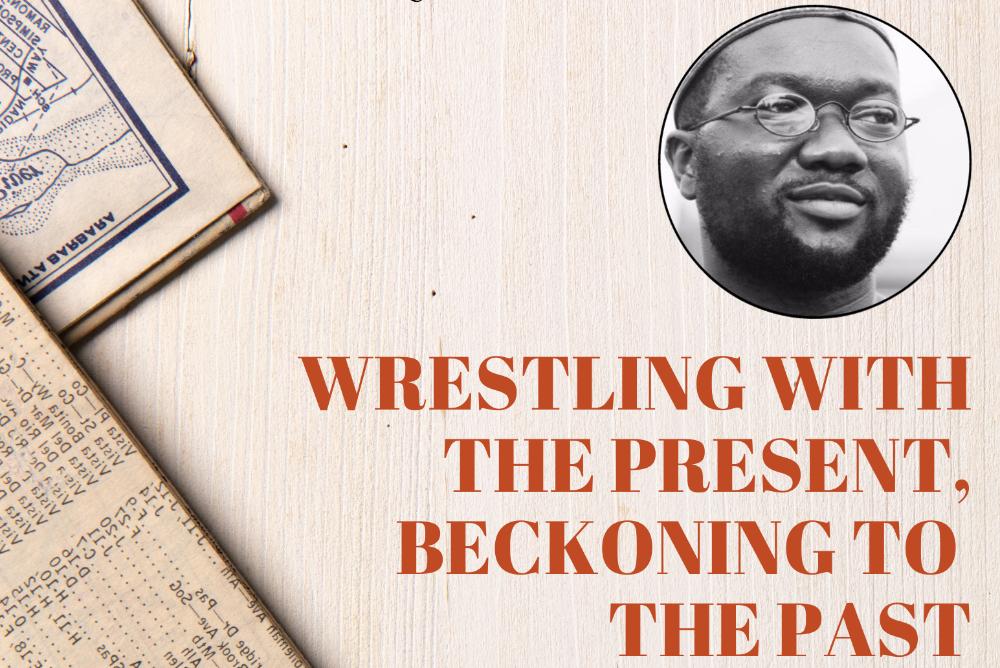W&M Featured Events
[PAST EVENT] Religion, Race, and the Persistence of Proslavery Thought [Dr. Abdulbasit Kassim]
Access & Features
- Open to the public

Dr. Abdulbasit Kassim, a Post-Doctoral Fellow at the Center for the Study of Africa and the African Diaspora at New York University, visits W&M for the Race and Religion Speaker Series! This lecture series is sponsored by the Department of Religious Studies and the Program in Africana Studies.
In recent years, scholars in the fields of religious studies, history, African and Global African Diaspora studies in the Mediterranean World have approached the questions of race, religion and the complex histories and legacies of slavery with renewed vigor on account of the prevailing anti-black racism against migrant laborers, marginalized indigenous populations and the persistence of proslavery thought. The slave trade was officially outlawed in Tunisia in 1841, Algeria in 1848, Libya in 1856, Egypt in 1887, Morocco in 1923, Northern Nigeria in 1936 and Mauritania in 1980. Despite the enactment of different policies to bring an end to slavery, the juridical and religious corpuses that the slavers employed to justify and legitimize the institution of slavery, particularly in the areas of Northwest Africa and the African Diasporic Communities in the Mediterranean world, endured, although suspended as an enforceable law by the weight of abolitionist statutes and by new colonial imperatives. The theology, religious philosophy and ideologies of enslavement that were articulated to a conception of unbelief and blackness in specific contexts did not simply cease to exist. Instead, they remained embedded in the normative juristic discourses and were part of the moribund but circulating idioms in the region. This meant that they remained a part of, not just the people’s religious memory, but also of the corpus of religious consensus that, if the need arose, could be activated as a guide. This lecture traces the intellectual history of the theological and juridical debates on the typologies of enslavement, the racialist association of blackness with slavery and the deployment of classical legal rulings on slavery in the religious conceptions of difference in our present day.
Contact
[[w|madais]]
